
Three Faculty Members Named Teaching Professors at Columbia Engineering
Adam Cannon is part of the first cohort of professors being honored for excellence and innovation in teaching.

Adam Cannon is part of the first cohort of professors being honored for excellence and innovation in teaching.
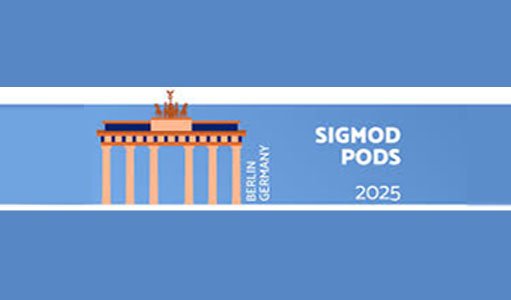
Luis Gravano was honored with the 10-year Test-of-Time Award, and Eugene Wu earned multiple awards and co-hosted several events.
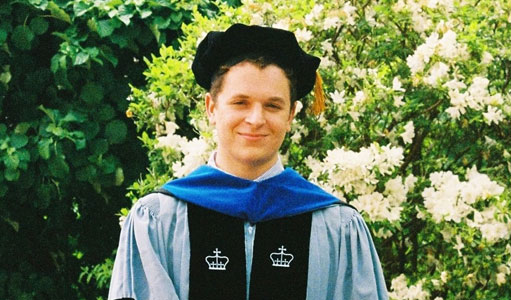
Charlie Carver (PhD ‘24) received an Honorable Mention from the ACM SIGMOBILE Dissertation Award 2025 for research that introduced new … Continue reading Reimagining Wireless Communication and Sensing With Laser Light
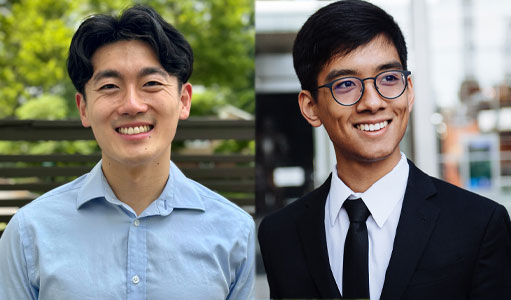
The MS Bridge program was created to open doors for talented individuals from non-traditional backgrounds to thrive in computer science. … Continue reading Unlikely Engineers: The Pianist And The Med Student Who Found Their Future In Code
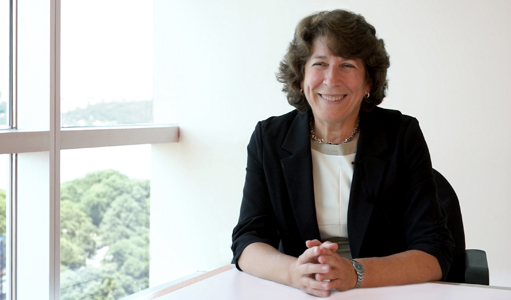
A driving force in the field of natural language processing, Kathleen McKeown will receive this year’s Faculty Mentoring Award bestowed at University Commencement.
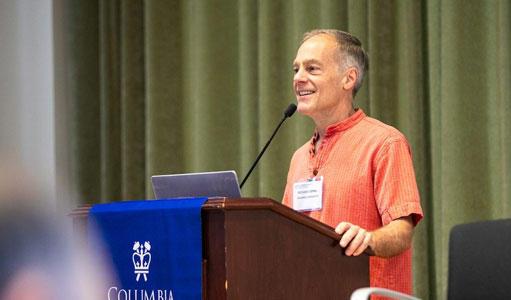
Experts came together at Columbia to explore how brain science can shape the next generation of AI.
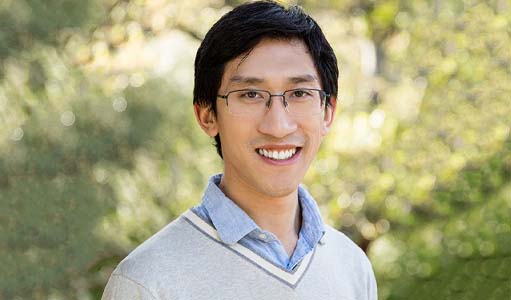
At the BRITE ’25 conference, Henry Yuen broke down and shared his insights on the pace of advancement of quantum computing and what it will likely impact in the future, and what it won’t.
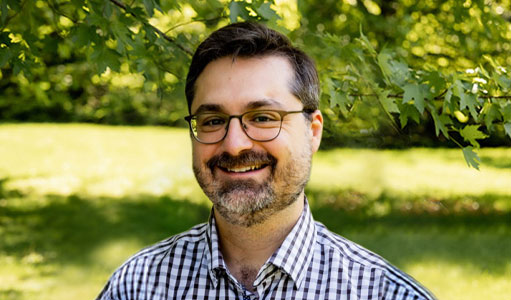
Diakonikolas, who received his PhD from Columbia under Mihalis Yannakakis, received the Association for Computing Machinery’s Grace Murray Hopper Award, … Continue reading Ilias Diakonikolas Wins the ACM’s Grace Murray Hopper Award
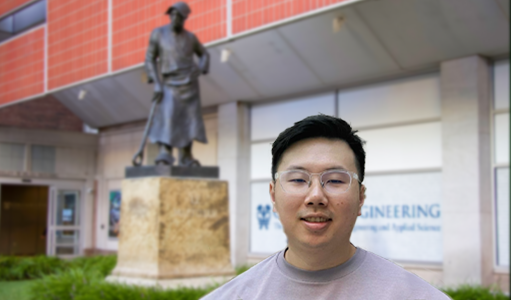
Adam Lin didn’t set out to become a computer scientist. In fact, his academic journey began in finance—driven by family … Continue reading Voices of CS: Adam Lin
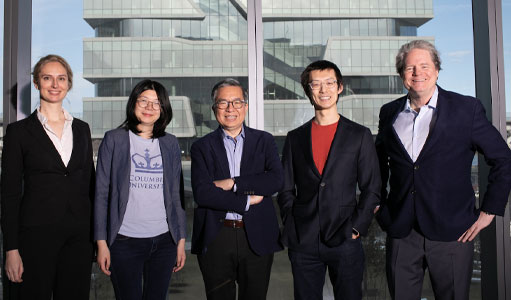
A new collaboration aims to chart a path to building genuinely trustworthy AI agents.
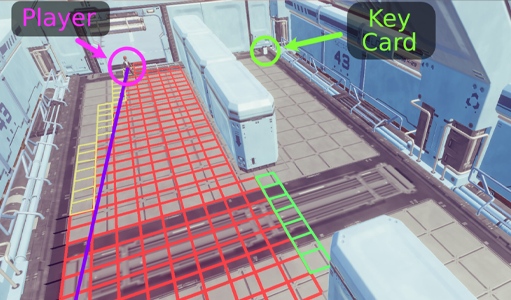
Researchers from the Computer-Enabled Abilities Laboratory (CEAL) developed a new tool to make games truly playable for blind and low-vision players.
When pigeons outnumber pigeonholes, some birds must double up. This obvious statement — and its inverse — has deep connections to many areas of math and computer science.
Find open faculty positions here.
President Bollinger announced that Columbia University along with many other academic institutions (sixteen, including all Ivy League universities) filed an amicus brief in the U.S. District Court for the Eastern District of New York challenging the Executive Order regarding immigrants from seven designated countries and refugees. Among other things, the brief asserts that “safety and security concerns can be addressed in a manner that is consistent with the values America has always stood for, including the free flow of ideas and people across borders and the welcoming of immigrants to our universities.”
This recent action provides a moment for us to collectively reflect on our community within Columbia Engineering and the importance of our commitment to maintaining an open and welcoming community for all students, faculty, researchers and administrative staff. As a School of Engineering and Applied Science, we are fortunate to attract students and faculty from diverse backgrounds, from across the country, and from around the world. It is a great benefit to be able to gather engineers and scientists of so many different perspectives and talents – all with a commitment to learning, a focus on pushing the frontiers of knowledge and discovery, and with a passion for translating our work to impact humanity.
I am proud of our community, and wish to take this opportunity to reinforce our collective commitment to maintaining an open and collegial environment. We are fortunate to have the privilege to learn from one another, and to study, work, and live together in such a dynamic and vibrant place as Columbia.
Sincerely,
Mary C. Boyce
Dean of Engineering
Morris A. and Alma Schapiro Professor